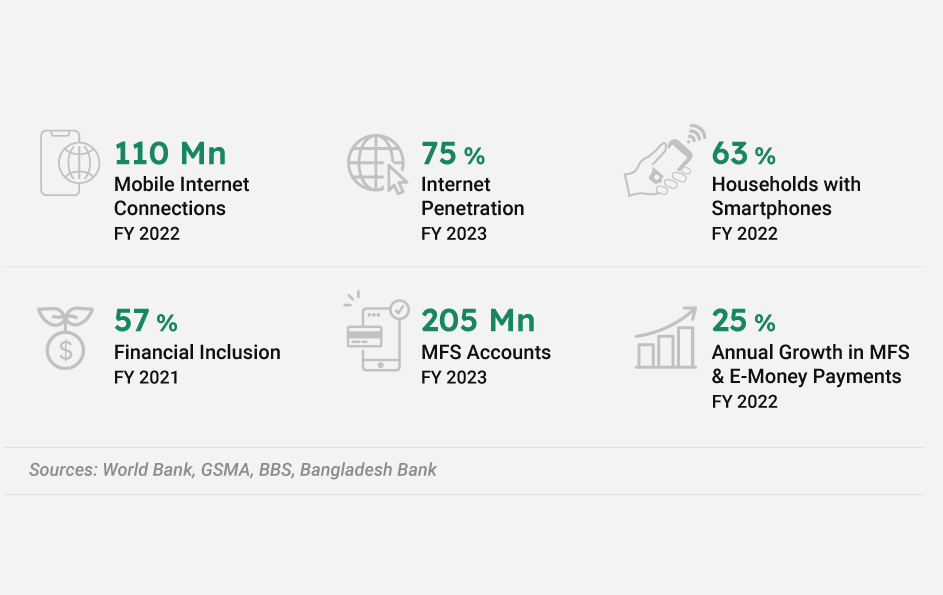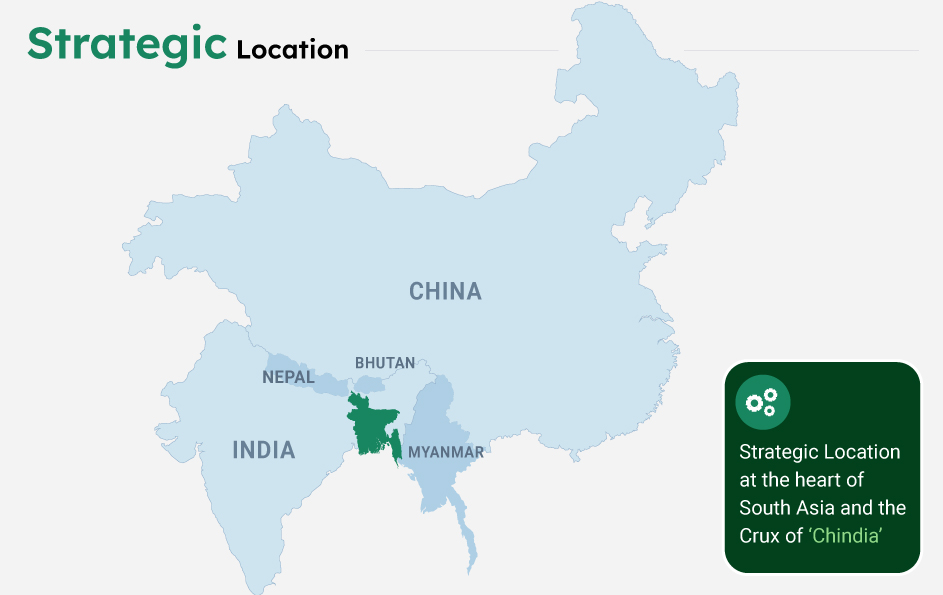India and Bangladesh share a profound relationship that has evolved since India was the second country to recognize Bangladesh’s independence in December 1971, having played a pivotal role in Bangladesh’s independence. The extensive 4096.7 km border is the longest land boundary India shares with any neighbor, and the India-Bangladesh Land Boundary Agreement (LBA) enacted in June 2015 marked a significant step towards boundary cooperation. The Coordinated Border Management Plan (CBMP), signed in 2011, further exemplifies the shared commitment to maintaining peace and curbing illegal activities along the border. Bangladesh has granted permission for India to utilize the ports of Chattogram and Mongla for the purpose of transit and trans-shipment of cargo. This decision is anticipated to result in a substantial reduction in both the time and expenses associated with transporting goods to the northeastern states of India. Moreover, the strong connectivity through various modes of transport underscores their comprehensive cooperation. India has extended a financial assistance package of $7.362 billion to Bangladesh through three Line of Credit agreements aimed to be utilized for infrastructural development of the country. As of June 2023, a portion amounting to $1.489 billion, which accounts for approximately 20% of the total, has been disbursed. The initial Line of Credit agreement, valued at $862 million, was inked between Bangladesh and India in August 2010.
| Year | Description of milestone event | Picture |
| 1971 | India becomes the second country to recognize Bangladesh as a separate and independent state, marking the start of diplomatic relationships |  |
| 1972 | India becomes the second country to recognize Bangladesh as a separate and independent state, marking the start of diplomatic relationships |  |

India’s investment in Bangladesh has significantly contributed to their economic partnership. In 2022, Bangladesh received a net FDI inflow of $126.2 million, marking 3.63% of the total net FDI inflow for the year. As of December 2022, the cumulative FDI stock reached $687 million. Textile and weaving, Banking, and Power sectors have been recipients of significant gross FDI inflows from India.

Trade between India and Bangladesh showcases the breadth of their economic engagement. During July ‘22 to June ‘23, Bangladesh received export receipts totaling USD 2.1 Billion. Top exported items to India included Readymade Garments, Jute Products, Raw Jute, Handicrafts, Leather products, and Fish, and Shrimp.

India and Bangladesh have fortified their economic collaboration through the India-Bangladesh Trade Agreement, renewed in 2015 during a prime ministerial visit. The agreement provides duty-free, quota-free access to Bangladesh on all tariff lines except tobacco and alcohol under the South Asian Free Trade Area (SAFTA). This policy move has contributed to enhancing trade volumes between the two nations. Non-tariff barriers (NTBs) between India and Bangladesh, such as technical regulations, inadequate infrastructure, visa complexities, border issues, and political tensions, hinder trade to a certain extent. These NTBs increase trade costs, reduce competitiveness, limit market access, and encourage informal trade. These barriers are being addressed through bilateral efforts to streamline regulations, improve infrastructure, and reduce political tensions to promote smoother cross-border trade.
India and Bangladesh share 54 common rivers. The Protocol on Inland Water Trade and Transit (PIWTT) operational since 1972 has facilitated the movement of goods via barges/vessels on eight specified routes through the river systems of Bangladesh. This agreement showcases their commitment to utilizing shared water resources for economic and logistical cooperation. The Coastal Shipping Agreement, signed during Prime Minister Narendra Modi’s visit to Bangladesh in 2015, enabled the direct sea movement of containerized/bulk/dry cargo between the two countries. This accord has bolstered maritime trade and furthered economic ties.
Potential Sectors of Investments
List of Sectors:
Contact us for a comprehensive understanding of the investment landscape in Bangladesh